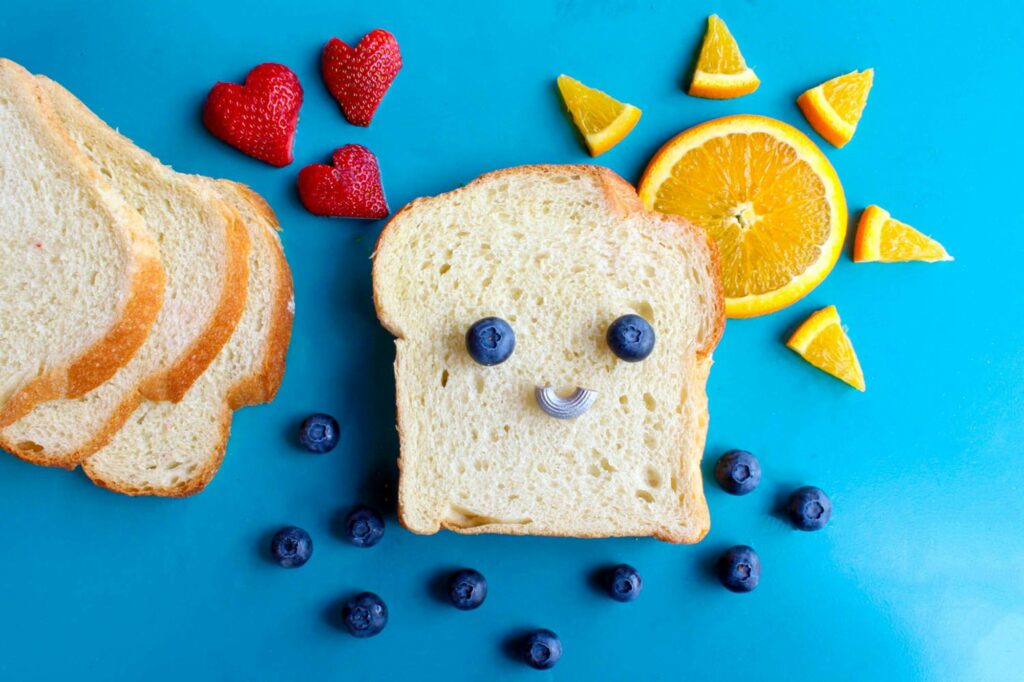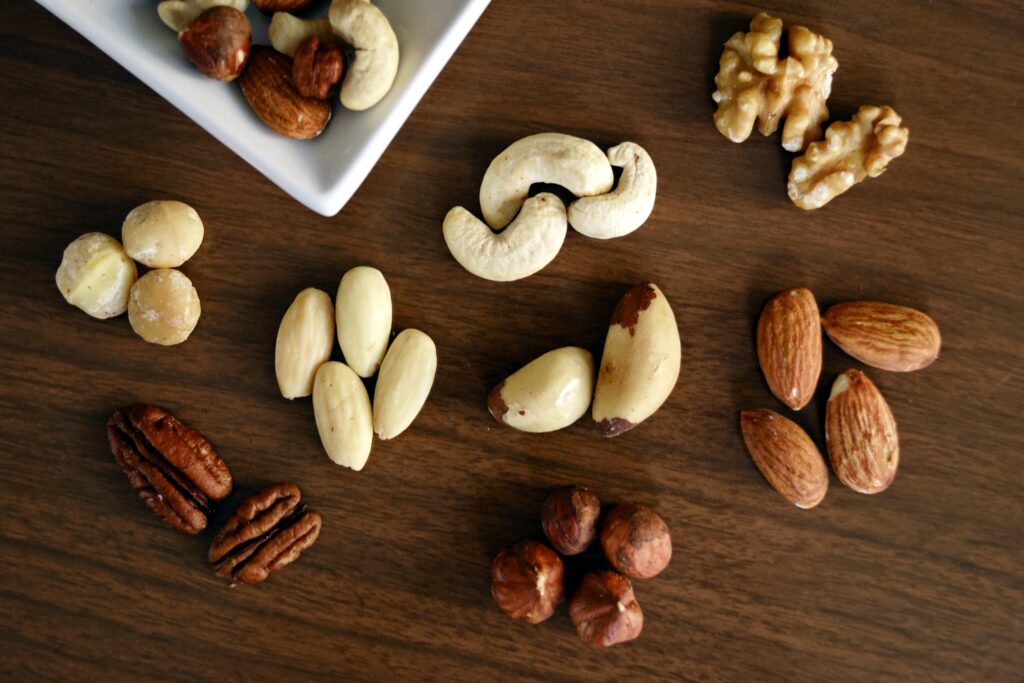🚀 Intermittent fasting (IF) is widely used by athletes to enhance fat loss, endurance, and metabolic health. But if you train hard, you might have questions like:

- Does fasting affect muscle growth and recovery?
- Will high protein intake push me into ketosis?
- How does IF affect my hormones and performance?
- Is OMAD (One Meal a Day) suitable for athletes?
In this blog, we’ll break down the science behind IF for athletes with research-backed evidence and practical strategiesfor optimizing results.
How Does Intermittent Fasting Work for Athletes?
Intermittent fasting cycles between fasting and eating periods. Common fasting schedules include:
- 16:8 (16 hours fasting, 8 hours eating) – Best for muscle retention + fat loss.
- 18:6 or 20:4 (Warrior Diet) – More aggressive fat loss and endurance benefits.
- OMAD (One Meal a Day) – Rapid fat loss but requires careful nutrient timing.
During fasting, the body shifts from burning glucose to using fat and ketones for fuel, making it an excellent tool for endurance athletes.

Can High Protein Intake Lead to Ketosis?
Ketosis occurs when the body runs on fat instead of carbs, producing ketones as an energy source. However, too much protein can prevent ketosis through gluconeogenesis, where excess protein is converted into glucose.
What Affects Ketosis in Athletes?
✅ Low-carb intake (<50g per day) to trigger ketone production.
✅ Prolonged fasting (16+ hours) to increase fat burning.
✅ High-fat intake (70-80% of daily calories) to fuel ketosis.
🚫 Too much protein (more than 1.8-2.2g/kg body weight) can disrupt ketosis.
💡 Key Insight: If you’re fasting and doing cardio but consuming too much protein, you may not enter ketosis unless carbs are strictly limited and fat intake is increased.

💡 What If You’re in a Caloric Deficit with High Protein & Moderate Carbs?
If you’re consuming high protein and moderate carbs while in a caloric deficit, your body will prioritize burning available energy sources efficiently—but you may not enter full ketosis. Here’s why:
Why Not Ketosis?
- Carbs Still Provide Glucose
- Even at moderate carb intake (e.g., 100–150g/day), your body will still have enough glucose to fuel brain and muscle activity.
- Since ketosis requires extremely low-carb intake (<50g/day), your body won’t need to ramp up ketone production.
- Gluconeogenesis from Protein
- High protein intake can convert excess amino acids into glucose through gluconeogenesis.
- This process ensures a steady glucose supply, preventing the metabolic switch to full ketosis.
- Fat Oxidation vs. Ketosis
- In a caloric deficit, your body will still burn stored fat for energy, leading to fat loss.
- However, this is not the same as ketosis, where the primary fuel source becomes ketones instead of glucose.
- Instead, your body will use both fat and glucose, depending on availability.
🚀 Key Takeaway: If Not Ketosis, Then What?
- Fat Loss State (Non-Ketotic Fat Oxidation)
- Your body is still breaking down stored fat for energy, but since glucose is available, it won’t fully switch to ketones.
- This means you can lose fat effectively without needing to be in ketosis.
- Metabolic Flexibility
- You’ll still benefit from efficient energy use, switching between carbs and fat as needed.
- Many athletes thrive in this state since it supports performance and muscle retention without the strict carb limits of keto.
- Keto vs. Caloric Deficit
- Ketosis is not required for fat loss. You can burn fat without being in ketosis as long as you’re in a caloric deficit.
- However, ketosis can be beneficial if you aim for improved endurance, mental clarity, and stable blood sugar.
Which Approach is Better for You?
✅ For Fat Loss: High protein, moderate carbs, caloric deficit works well.
✅ For Ketosis & Fat Adaptation: Low-carb (<50g/day), high-fat intake is required.
Is Protein Suitable for OMAD?
OMAD (One Meal a Day) involves consuming all daily calories in one meal, making nutrient balance crucial for athletes.
Should You Eat High Protein on OMAD?
✅ Muscle retention – A minimum of 1.6-2.2g protein per kg body weight is required.
✅ Satiety – Protein keeps you full longer, reducing cravings.
✅ Metabolic benefits – Helps maintain a higher metabolic rate.
🚫 Potential issue? – Absorption limitations; consuming 200g+ protein in one sitting may be inefficient.
💡 Best Strategy? If following OMAD, prioritize protein while adding healthy fats (avocados, nuts, olive oil) for energy balance.

Hormonal Effects of Intermittent Fasting on Athletes
Intermittent fasting significantly impacts key hormones that regulate metabolism, muscle recovery, and athletic performance.
🔥 1. Growth Hormone (GH) – Muscle Growth & Fat Loss
- Fasting boosts GH by up to 2,000% in men and 1,300% in women. (Ho et al., 1988)
- GH helps burn fat while preserving muscle.
📖 Study link: Ho KY et al. (1988) – Growth hormone secretion in fasting
⚡ 2. Insulin – Better Fat Burning & Sensitivity
- IF reduces insulin levels, making fat more accessible for fuel. (Tinsley et al., 2019)
- Athletes should time carb intake post-workout for glycogen replenishment.
📖 Study link: Tinsley GM et al. (2019) – Effects of intermittent fasting on insulin sensitivity
🏋️ 3. Testosterone – Impact on Muscle Mass
- Short-term fasting has minimal impact on testosterone. (Heath et al., 1982)
- Long-term fasting can reduce testosterone, requiring adequate calorie intake.
📖 Study link: Heath DF et al. (1982) – Hormonal responses to fasting
🎯 4. Cortisol – Stress & Recovery
- Cortisol increases during fasting, which can help mobilize fat. (Nieman et al., 1988)
- High cortisol for prolonged periods may cause muscle breakdown.
📖 Study link: Nieman DC et al. (1988) – Cortisol and fasting
FAQs About Intermittent Fasting for Athletes
1. Will IF Make Me Lose Muscle?
No—IF preserves muscle if protein intake is sufficient and resistance training is included. (Paoli et al., 2019)
📖 Study link: Paoli A et al. (2019) – Intermittent fasting and muscle mass
2. Should I Work Out in a Fasted State?
✅ Best for fat loss and endurance.
🚫 Not ideal for strength training unless adapted.
📖 Study link: Havemann L et al. (2006) – Fasted exercise and performance
📌 [Insert an image of an athlete training fasted vs. fed]
3. Can IF Lower Testosterone?
Not if you consume enough calories and healthy fats during your eating window.
4. Should I Eat Carbs While Doing IF?
- For fat loss: Keep carbs low and consume post-workout.
- For performance: Moderate carbs can be beneficial.
5. How Can I Prevent Energy Crashes While Fasting?
✅ Stay hydrated 💧
✅ Include electrolytes (sodium, potassium, magnesium) ⚡
✅ Prioritize protein and fats 🥑
Final Thoughts: Should Athletes Try Intermittent Fasting?
✅ Best for fat loss, endurance, and metabolic flexibility.
✅ Can preserve muscle if protein and calories are sufficient.
✅ Timing matters—strategic nutrition enhances performance.
🚫 Not ideal for all high-intensity sports without adaptation.
For those combining fasting with ketosis, keep protein moderate, carbs low, and fat high to maximize fat-burning and performance.
Want to maximize your athletic performance with fasting? Subscribe to our newsletter for expert tips, training insights, and nutrition strategies tailored for athletes!

